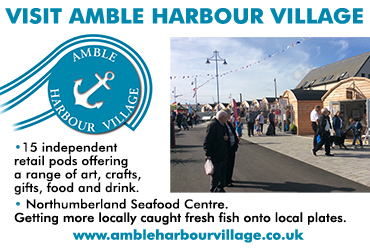JCSC: Visit to Auschwitz
At the start of November we embarked on a trip to Auschwitz, Poland. We each either do A-Level history or philosophy and ethics, and we have both been very interested in going to Auschwitz for our own reasons. The project was funded by a government grant given to the Holocaust Educational Trust, to run the Lessons from Auschwitz Project.
In the first seminar we were fortunate to be able to hear a survivors’ testimony; but in a few years people will not be able to hear their stories. This is why it is so important to inform people of the holocaust, which is one of the reasons we both wanted to go. The survivor testimony we heard was by Eva Clarke. She spoke of her mother’s journey from Terezin, (where Eva was conceived) to Auschwitz and then onto Mauthausen, on a cattle truck. On her way to Mauthausen, she gave birth to Eva just days before liberation. It was an emotional speech and we both felt that we needed to bring this back with us and share it with others.
On arrival in Krakow, our first stop was Oswiecim, the small town where Auschwitz is situated. Here we stopped off at the site of the great synagogue. We talked of the reasons it could have been knocked down and the fact that there was no Jewish population left in the city. A rabbi who had travelled with us led us to a replica synagogue and talked to us about the effect Auschwitz had on the Jews.
We then visited Auschwitz 1. This was the smaller camp and consisted of mostly bunkers. We entered some of the bunkers which housed museum artefacts of hair, shoes, suitcases, children’s toys and more. This was a disturbing image of what the Nazis had done to the victims of the holocaust. We also saw the memorial wall at which many prisoners were shot.
After this first camp we then went to Auschwitz-Berkinau. This camp was bigger, with remains of blown up bunkers, gas chambers and toilets. Reconstructions of a cattle cart and a bunker hit home, as we saw what the conditions would have been like. It was a tiring and saddening experience. You go there expecting that you will react in a certain way and then find yourself reacting totally differently. Everyone is affected differently.
It’s important to know that you can’t respond to an experience like this in a right or wrong way. You can describe Auschwitz to the best of your ability and talk to others of what happened there, but it is much more difficult to be able to describe your own reaction to an experience as shocking as it was. We will definitely go on to educate the pupils of our school on how important it is to recognise the acts that led to the holocaust and that the millions who lost their lives there were no different to us.
We are currently planning our next steps that involve coming up with ways to educate others in what happened during the holocaust. We are doing this with help from the Holocaust Education Trust.
By Aysha Hedley and Jessica Pringle Yr 13












